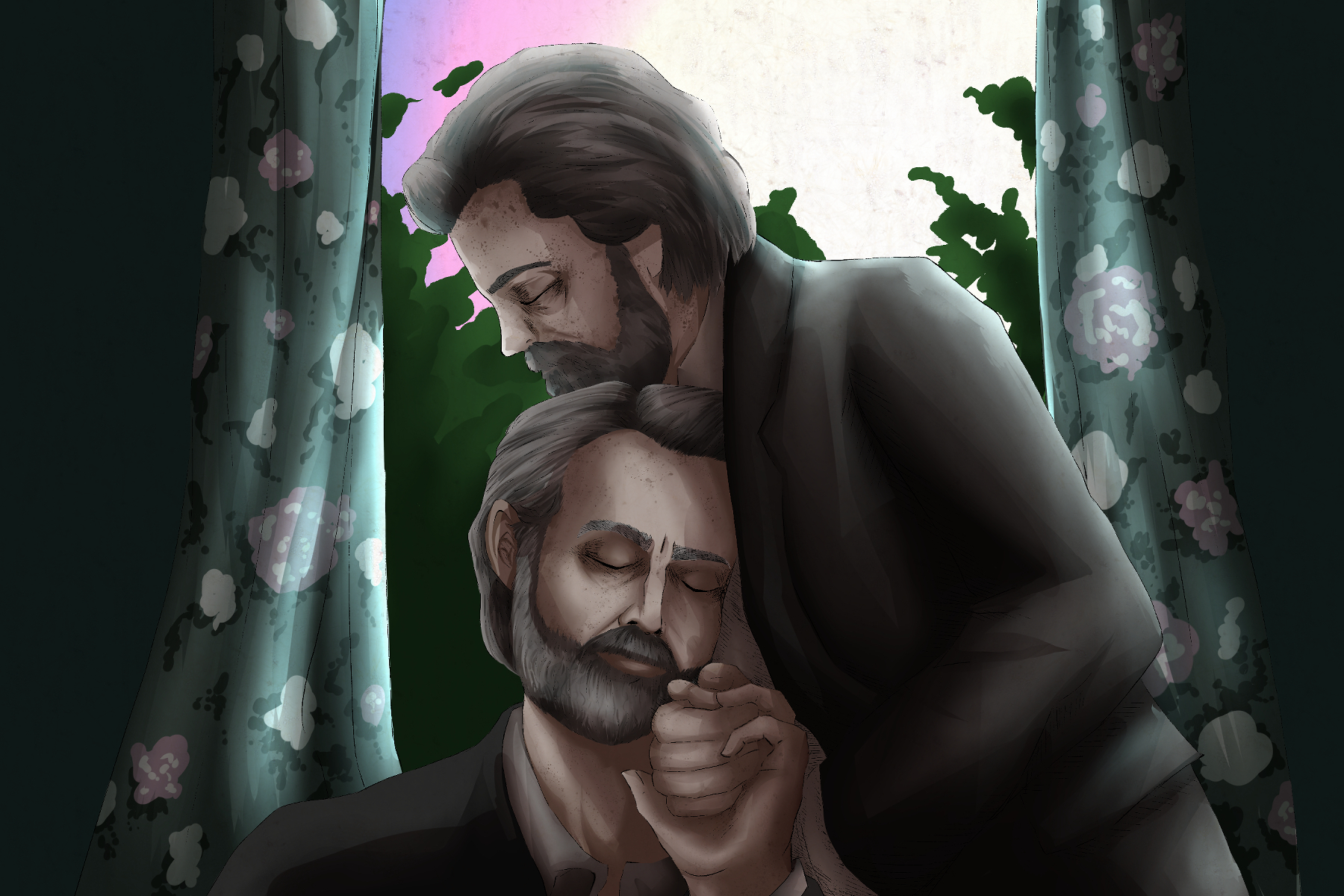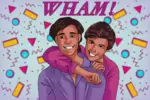Based on a best-selling video game of the same name, HBO Max’s “The Last of Us” follows the characters of Joel and Ellie (Pedro Pascal and Bella Ramsey, respectively), two survivors traveling across a post-apocalyptic United States ravaged by a zombie-like infection. However, the third episode — which premiered on January 29 — surprised audiences by instead focusing on Bill and Frank, two gay men who manage to find love in a bleak, unforgiving world.
Many fans of the game approached the series with skepticism and caution. After all, television and film adaptations of beloved video game franchises have historically proved unpopular due to their tendency to disregard source material. Understandably, these adaptations score poorly among fans.
Neil Druckmann, writer and co-director of the 2012 video game, negotiated with the series’ production companies to ensure that the essential plot points were included. However, Druckmann did not envision HBO Max’s “The Last of Us” to be identical to the game.
In one behind-the-scenes clip, Druckmann states, “My philosophy on the show has always been, ‘when should we deviate and when should we come back?’ If it’s kind of the same or worse, we stay where the game is. If it’s better, we deviate.”
His philosophy became most evident in episode three of the series, “Long, Long, Time,” which was watched by 6.4 million HBO Max subscribers.
Episode three continues to develop the plot of Joel and Ellie’s adventure but deviates in a significant way by primarily revolving around the character of Bill (portrayed by Nick Offerman). Though Bill appears in the video game, he only plays a minor role, supplying Joel and Ellie with a vehicle for their cross-country expedition. The encounter also establishes Bill’s identity as a gay man; his partner, Frank, is briefly mentioned. The game does not provide much information about their relationship.
Bill and Frank
Episode three of “The Last of Us” further develops the relationship hinted at in the video game. Viewers are introduced to Bill, a doomsday prepper who was more than prepared for the fall of civilization in 2003. His paranoia toward the government inspires him to hide from the military troops who arrive at his community. Bill’s neighbors are all transported away, leaving him completely alone.
Bill thrives in isolation for a number of years, constructing defenses around his neighborhood and taking the necessary steps to become self-sufficient. His safe yet noticeably empty life is interrupted in 2007, when one of his traps catches a weary survivor named Frank (played by Murray Bartlett).
Frank is also alone, he is the last of a group of travelers heading for Boston (“we started with ten,” he remarks). Despite Bill’s aloof demeanor and distrust of strangers, he goes against his better judgment by granting Frank’s request for a meal.
What follows this rather standoffish meet-cute is an authentic, self-contained love story that spans 16 years. Viewers witness the growth and development of their romantic relationship; Frank gradually chips away at the emotional walls that Bill has spent a lifetime constructing, encouraging him to step outside of his rigid comfort zone. He implores Bill to allow guests into the neighborhood (an act that jumpstarts a lukewarm friendship with Joel) and demands that they paint and refurbish all of the nearby vacant houses.
Bill has spent years solely focusing on survival, but Frank teaches him to enjoy nonessential parts of life, for these are the things that make us most human. Frank’s stance on beautifying the neighborhood profoundly illustrates this point; he claims that people show their love for things by taking care of them. This line makes it obvious that he’s caring for a lot more than just dilapidated buildings.
Authentic Representation
The writing in this episode benefits from a level of authenticity that is made all the more powerful thanks to captivating performances from both Offerman and Bartlett. Never do their lines feel cliché or melodramatic; they each talk and act like believable characters with distinct personalities and worldviews.
The genuine nature of their relationship is especially important because Frank and Bill are gay characters — or rather, they are characters who are gay. Oftentimes, modern media will insert gay characters into their films and TV shows in order to foster LGBT representation. While this is a generally positive idea, it can also inadvertently lead to tokenism.
A “token character” is created when someone from a marginalized group is given screen time but with little to no depth. Their inclusion often feels perfunctory, like a low-effort attempt to check off a box labeled diversity. Token characters tend to be characterized by trite stereotypes; the gay man, for example, is usually portrayed as being sassy, sociable and obsessed with fashion. There are certainly members of the LGBT community who exhibit these qualities, but the overrepresentation of just one archetype can lead viewers to subconsciously associate certain traits with an entire community. The complexity of an individual is killed once this association is made; the character who is gay instead just becomes a stock gay character. Plus, it’s lazy writing.
“The Last of Us” shines by first and foremost establishing Bill and Frank as individuals. Bill, in particular, deviates from the stereotypes that tend to follow gay characters; he owns a “Don’t Tread on Me” flag and subscribes to many anti-government conspiracy theories. Viewers are allowed to see past his sexuality and understand that Bill is more than just an archetype. He has ideas, experiences, frustrations and beliefs that are uniquely his own. The romance that blossoms with Frank feels authentic and relatable, regardless of a viewer’s own sexuality.
This sort of representation is essential because it enforces the idea that gay people are just that — people; their sexuality is part, but not all of their identity.
The representation shown in “The Last of Us” should be celebrated because it’s expertly written, treated with sensitivity and void of the tokenism that has become commonplace in recent years. It’s also a prime example of balanced pacing and captivating character development. Hopefully, the series can maintain this level of writing for the remainder of its run. Regardless, the positive representation displayed in episode three will likely stay with many for a long, long time.

















